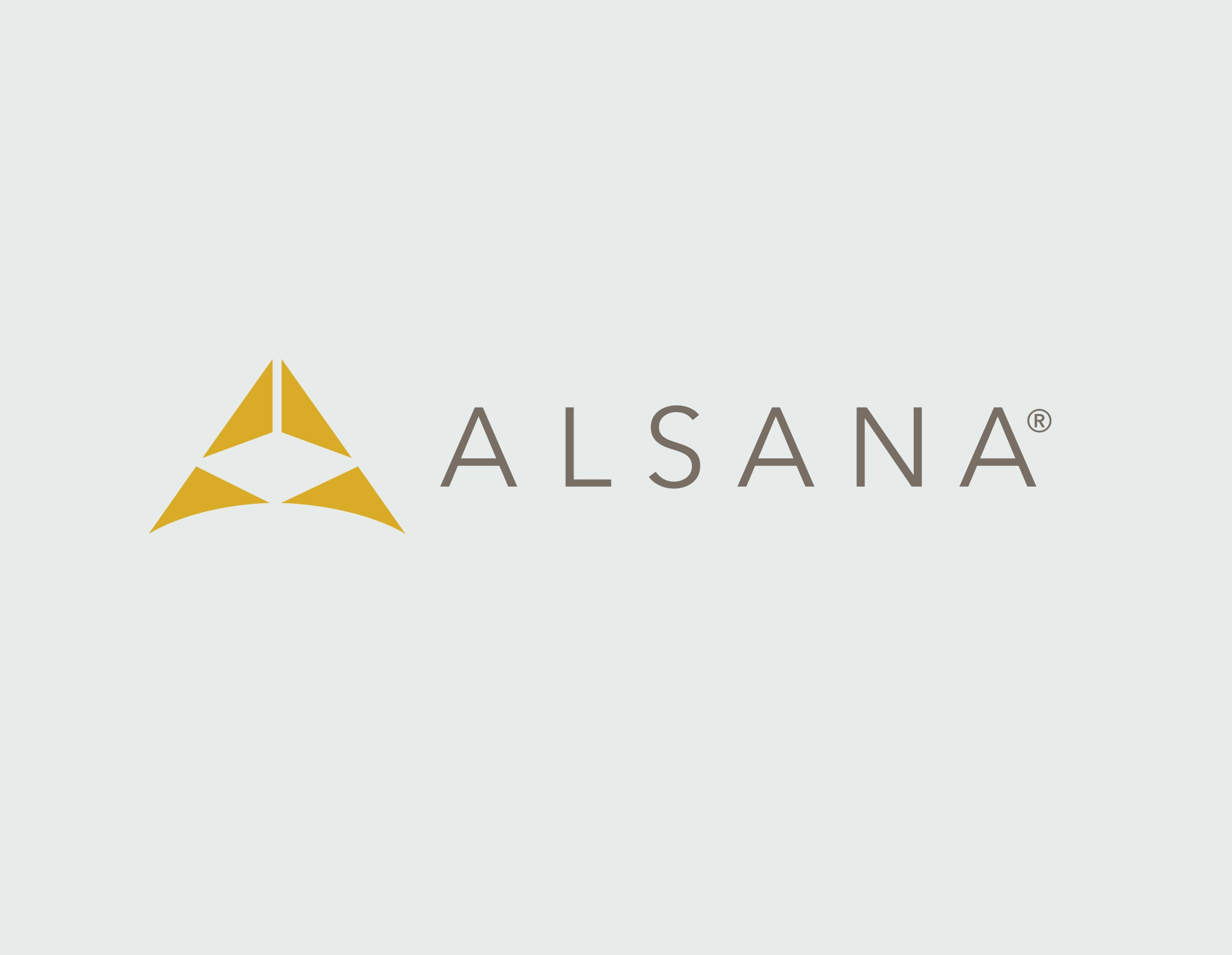GETTING YOUR CLIENTS THE HELP THEY NEED: OVERCOMING COMMON ROADBLOCKS

Full recovery from an eating disorder is not only possible, but also probable with early and intensive intervention. Research shows that the majority of individuals with eating disorders recover and that the probability of recovery increases with early intervention. Seeking treatment within the first 1-3 years of onset of illness can significantly improve prognosis and chances for recovery. One study found those who received treatment within the first 5 years of their illness had a recovery rate of 80%. Those who wait longer have a decreased chance of recovery. However, there is still hope. Even individuals who have had eating disorders for years have been able to achieve recovery with the right treatment.
Roadblocks to Seeking Treatment
Many individuals with eating disorders often put off getting treatment for various reasons, including finances, fear, school, work, and family obligations. In some cases, delaying treatment can actually be a symptom of the eating disorder. Individuals with eating disorders may minimize the severity of their symptoms and magnify the barriers to treatment due to ambivalence about treatment or recovery. It is imperative for outpatient providers to assist in decision-making in these situations to help individuals with eating disorders get the treatment they need in a timely manner. Outpatient teams can help clients recognize which roadblocks are fear-based and which are valid. Outpatient clinicians can provide the support necessary to bolster clients (who are mentally, physically, and emotionally fatigued) in navigating these roadblocks to getting the appropriate treatment.
Why Early Intervention is Important
Eating disorders have the highest mortality rate of any psychiatric disorder. Yet, only 1 in 10 individuals with eating disorders seek treatment. Additionally, the majority of individuals who seek treatment fail to seek the appropriate level of care. Early intervention is especially important in eating disorders because there is evidence that when eating disorder symptoms are allowed to linger, behaviors are more likely to become entrenched. Recent research shows that when eating disorder behaviors become ingrained that the circuitry in the brain changes. These changes in the brain alter DNA, which affects the expression of genes, resulting in changes in emotional reactions, behavior, and physiology.
Individuals who are contemplating seeking treatment for their ED often say things like, “my eating disorder isn’t that bad” or “if it gets worse, I’ll get treatment.” I often tell clients that this is analogous to someone with Stage 1 cancer saying, “I’ll wait until it gets to Stage II before I get treatment.” Unfortunately, many individuals wait until the equivalent of Stage IV before they get treatment, and similar to cancer, it is much more difficult to treat an eating disorder that has progressed to this stage.
Research shows that six years is the average duration of illness before someone with an eating disorder seeks treatment. This is particularly concerning because research also shows that when an individual has had an eating disorder for ten years or more, recovery becomes more difficult to achieve. Early intervention would provide a greater window of treatment before behaviors become deeply rooted.
Recovery is Possible
Recovery from an eating disorder is possible. Early intervention is key. When individuals get treatment early their chances of recovery improve. Individuals with eating disorders often put off treatment, which can be a symptom of their disorder. Outpatient providers are the front-line team members to assist clients in getting the help they need.
If you, your loved one, or your client is in need of eating disorder treatment, we’d love to discuss if our programs are right for you. Call us today at 888.822.8938.

JOIN OUR ONLINE SUPPORT GROUP
Weekly meetings
Fridays at noon / PST

WE ARE HERE TO HELP
Alsana would like to be your eating recovery community..
Our Recommended Articles
Start the road to recovery with Alsana.






